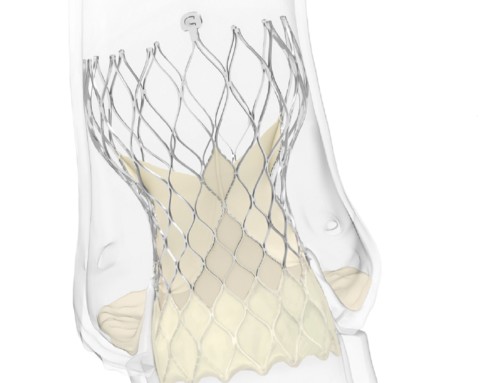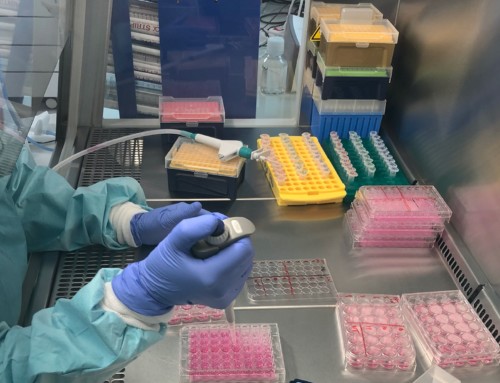
Jeffrey Shuren
In a statement, published on the its website, the FDA has outlined the steps it is taking to update its Medical Device Reporting (MDR) programme—one of the tools the FDA uses to monitor device performance, detect potential device-related safety concerns or signals and contribute to the benefit-risk assessment of these products. The first step is to formally end the Alternative Summary Reporting (ASR) programme.
In the statement, Jeffrey E Shuren, the director of the Center for Devices and Radiological Health, explains that the ASR programme allowed manufacturers of certain devices to request an exemption from the requirement to file individual medical device reports for certain events that were well-known and well-established risks associated with a particular device and to instead submit quarterly summary reports of such events. He adds that since the programme’s inception in 1997, the FDA granted 108 such exemptions to individual manufacturers for certain well-known events associated with specific devices, which were often already described in the product labelling available to health care professionals and patients. According to Shuren, the ASR programme allowed the FDA to more efficiently review reports of well-known, well-understood adverse events “so we could focus on identifying and taking action on new safety signals and less understood risks”.
“To formally end the programme, we have issued revocation letters to the remaining 13 manufacturers with ASR exemptions, which covered three kinds of devices: dental implants, implantable cardiac defibrillators and pacemaker electrodes. Today, the agency also posted ASR data submitted to the FDA from 1999 to 2019,” Shuren states.
Since 2017, the FDA has taken steps to gradually “sunset” the ASR programme and to streamline medical device reporting as it has implemented the Voluntary Malfunction Summary Reporting (VMSR) programme. The VMSR programme reflects a pilot program conducted in response to changes made in the FDA Amendments Act of 2007 and goals agreed to as part of the Medical Device User Fee Amendments of 2017 (MDUFA IV) process.
Shuren says that the VMSR programme enables the FDA to efficiently detect potential safety signals and free up resources to better focus on addressing the highest risks, such as deaths and serious injuries, associated with medical devices. Furthermore, this voluntary program allows manufacturers to report certain device malfunctions in summary form on a quarterly basis, rather than on an individual basis, for eligible device types. Reports from this voluntary program are publicly available in the MAUDE database. Importantly, reports of a death or serious injury are not allowed to be submitted via the VMSR programme and the FDA may still require individual malfunction reports—instead of summary reports—for devices that are eligible for the program, such as when individual reports are necessary to address a public health issue.
The FDA also intends to make MAUDE more user friendly in the next few years as part of a broader effort to modernise the medical device program’s information technology systems.
Click here for the full statement.





